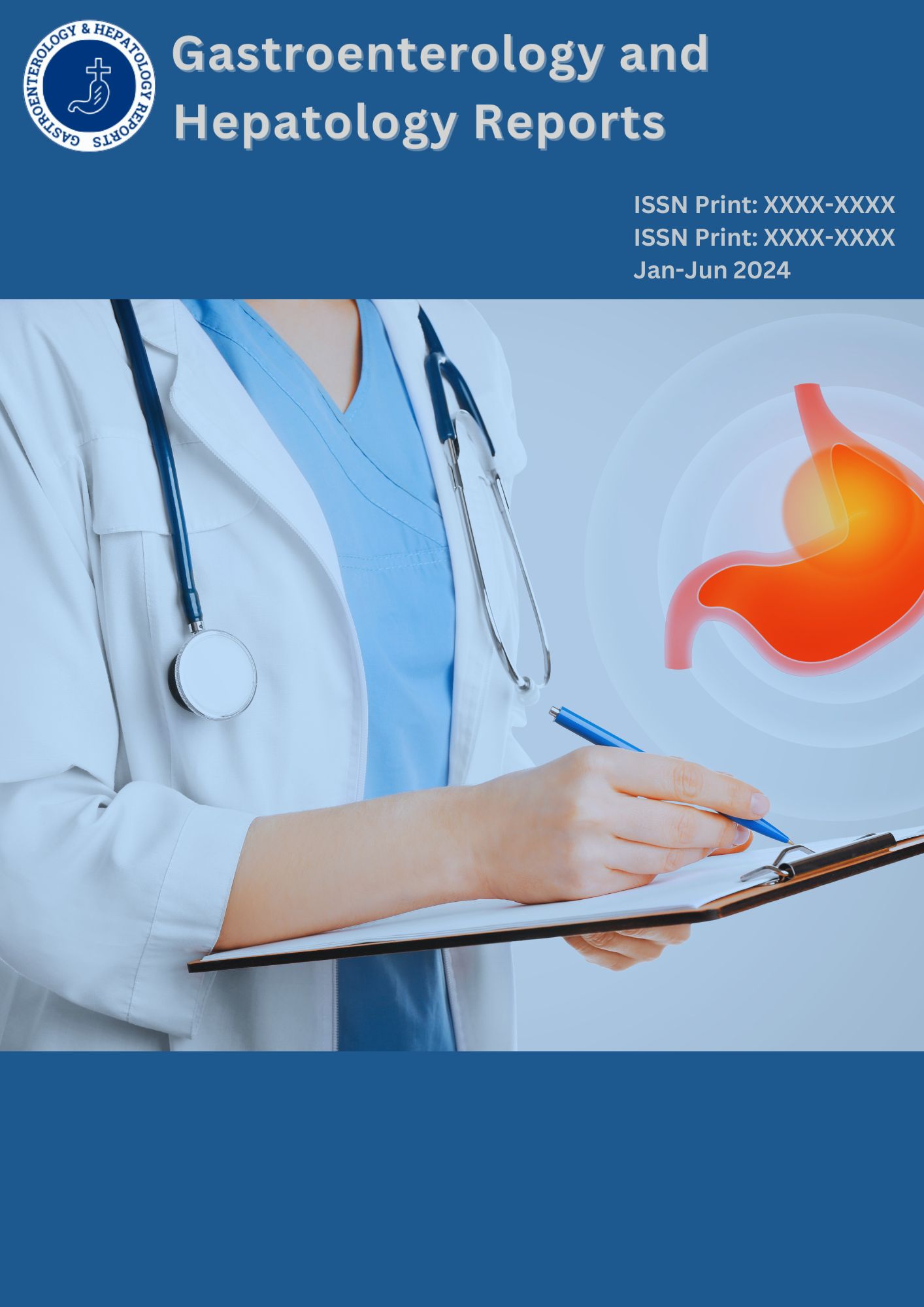
Plagiarism Policy
Gastroenterology and Hepatology Reports (GHR) is committed to maintaining the highest standards of academic honesty and integrity. Plagiarism, in any form, is a grave violation of ethical publishing practices and is strictly prohibited.
Understanding Plagiarism
Plagiarism is the act of using another individual’s ideas, language, or work without appropriate acknowledgment, thereby presenting it as one’s own. This includes but is not limited to:
- Direct Plagiarism: Copying exact text from another source without proper citation or quotation.
- Self-Plagiarism: Reusing significant parts of one’s own previously published material without proper citation or transparency.
- Patchwork Plagiarism: Combining phrases, ideas, or concepts from multiple sources into new text without providing proper credit.
- Unintentional Plagiarism: Failing to cite or paraphrase correctly due to lack of knowledge or carelessness in following citation guidelines.
Policy and Procedures
Manuscript Submission and Preliminary Screening
- All manuscripts submitted to GHR undergo plagiarism screening using specialized software such as iThenticate. This step is conducted before the peer review process begins.
- Authors are expected to ensure their work is original and free of plagiarism before submission. Manuscripts with plagiarism will be returned for revision or rejected outright, depending on the severity.
Plagiarism Detection Methods
- GHR employs advanced plagiarism detection tools to identify duplicate or improperly cited material.
- The journal’s editorial team carefully evaluates flagged content to determine its nature and extent. Manuscripts may be cross-checked against published articles, books, theses, conference papers, and online content.
Consequences of Plagiarism
- Minor Instances: If small sections (e.g., isolated sentences or minor paraphrasing issues) are found to be plagiarized, authors will be asked to revise the manuscript, include proper citations, and resubmit.
- Moderate to Significant Cases: Manuscripts with substantial copied content will be rejected, and authors will be informed about the reasons for rejection.
- Severe Violations: In cases of extensive plagiarism, especially if discovered post-publication, the article will be retracted. Authors' affiliated institutions and funding bodies will be notified, and a retraction notice will be issued in the journal.
Author Responsibilities
- Authors are required to ensure the originality of their work and provide proper citations for all borrowed material. Any overlapping content from their previous publications must be disclosed at the time of submission.
- Authors must obtain permissions for the use of third-party content and include appropriate acknowledgments as per GHR’s submission guidelines.
Appeals Process
- Authors who believe their manuscript was incorrectly flagged for plagiarism may submit a detailed explanation along with supporting evidence. The editorial board will review the appeal and provide a final decision.
Preventive Measures
- Guidance for Authors: GHR encourages authors to familiarize themselves with ethical publication standards and proper citation practices to avoid unintentional plagiarism. The journal provides resources and guidance to support this effort.
- Educational Initiatives: GHR is dedicated to raising awareness among authors, reviewers, and editors about the ethical implications of plagiarism and best practices for avoiding it. Regular updates to journal policies and resources ensure alignment with global ethical standards.
This policy underscores Gastroenterology and Hepatology Reports (GHR)’s unwavering commitment to ethical publishing and the integrity of scientific research.




